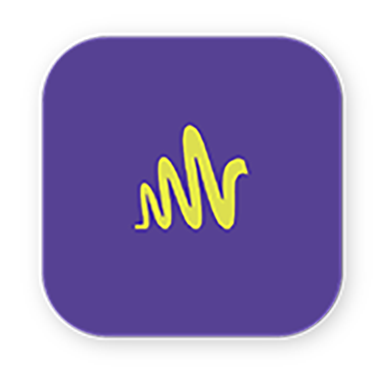Julie Ford 05:42
You mentioned deskless, and frontline employees? Do you find this strategy differs for that segment of the workforce?
Shan 05:52
Yeah, I would say so. I mean, there are definitely different ways you need to reach frontline employees. I think, you know, in my experience with frontline employees, they have been completely cut off from organization comms because they have been mobile less, and desk less, for example, and actually, their only connection into the organization is through their pay slip and their frontline manager. And therefore, you really need to think very differently about how you connect with those people. But taking a step back as well, you know, what is it they really need to know? Because it will differ from a desk-based employee? And I think that's where strategy does really differ. When you're in a situation like that, especially within the same company.
Julie Ford 06:39
Getting into that a little bit more, do you find there any specific channels that work? Well, for the deskless or frontline,
Shan 06:49
face to face, I'm afraid, you know that, from the environments that I've worked in, unless someone has been given a company, mobile phone, or a device of some sort, it's very difficult to convince them to upload an app where there'll be using their data that they're paying for to access the information on their own device. That's just one argument that I've heard in the past. Also, you've got to remember that, you know, the leader connection to the employee is perhaps the most powerful. And what is that frontline employee going to trust more an abstract article on an app, or actually that face-to-face contact with their line manager. If we can prepare line managers in a better way to deliver that communications, we're onto a winner. So that would always be the preferred channel of choice, of course, then you can back that up with the other channel set that you have in your back pocket, such as mobile apps, and, you know, posters, flyers, whatever else you need. But actually, the initial comms should really come from the line manager.











.webp?width=480&name=email%20banner%20(5).webp)
.webp?width=480&name=email%20banner%20(4).webp)
